How the one-child policy affected the present and future of China
Categories: Asia | Children | History | Society
By Pictolic https://pictolic.com/article/how-the-one-child-policy-affected-the-present-and-future-of-china.htmlFrom 1979 to 2015, the rule in China was “one family, one child.” We can say that it was a social experiment in which an entire nation became participants. Of course, there were consequences that were catastrophic for several generations.
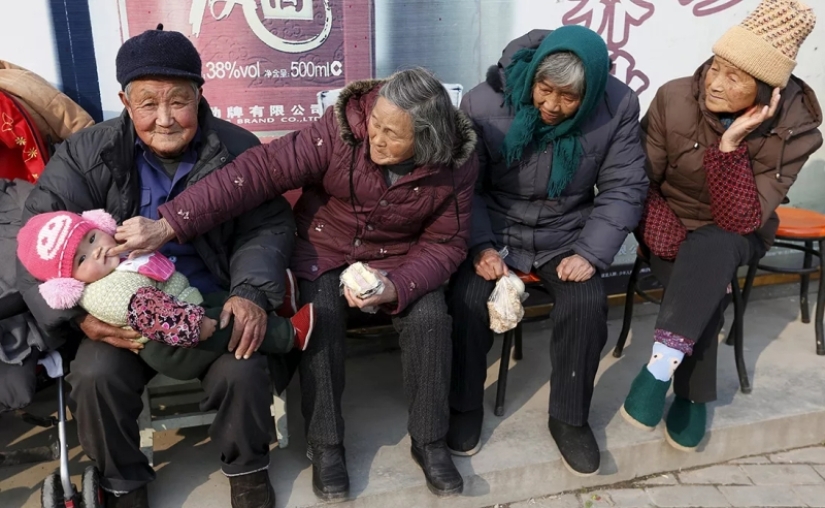
Life in rural China is very difficult. Previously, residents of such regions were not paid pensions and could only rely on themselves. Therefore, children always helped their parents run the household. But after the introduction of the one-child policy, many lonely old people appeared. If the only son died or left, then there was no one to take care of the elderly parents.
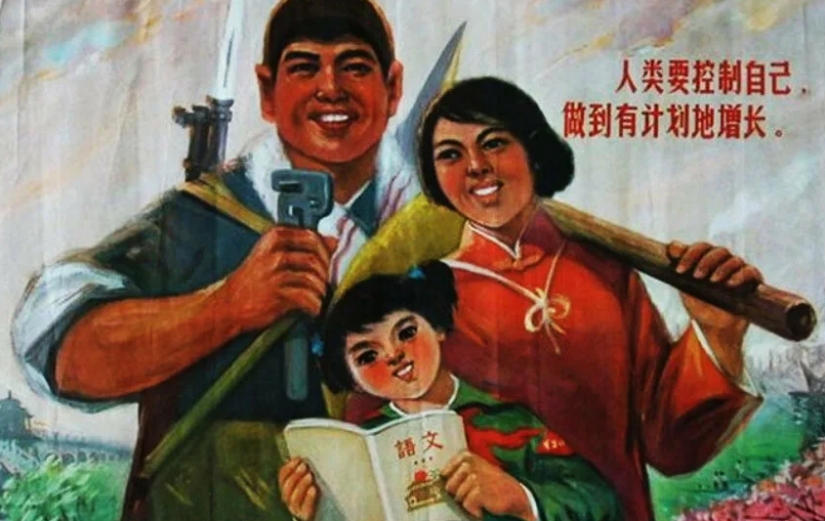
This situation forced the authorities to reconsider their pension payment policy and elderly village residents began to receive some minimum. The government realized that the country faces an aging population with all the ensuing negative consequences. Nearby is a clear example - Japan. This is a country of old people whom young people are forced to support through taxes.
At the same time, many young Japanese can no longer afford to support their families. This, in turn, contributes to further aging of the population. China came to its senses, but it was too late. In 2015, the one-child policy was abolished and the birth limit was raised to two children. But it was not possible to reduce the decline in the birth rate and the aging of the nation. Therefore, in 2021, Chinese families were allowed to have three children.
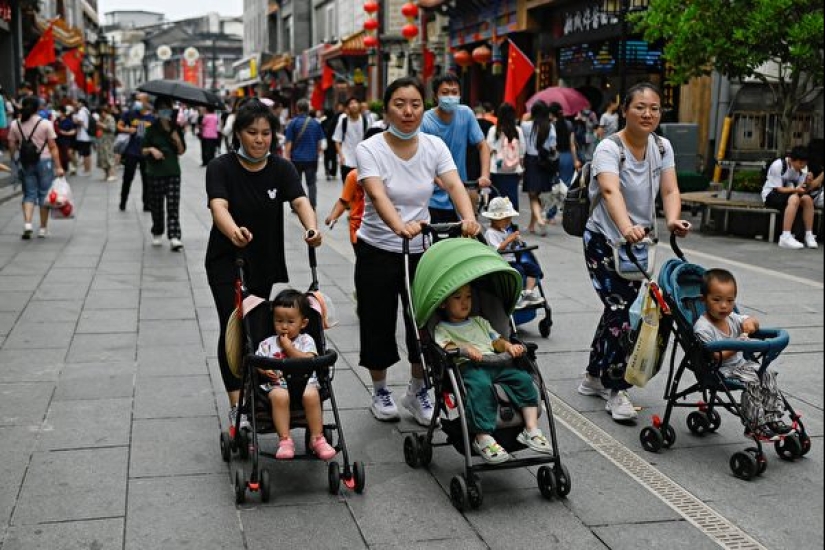
But years of restrictions have left their mark. The Chinese were in no hurry to have three offspring, as they were already accustomed to living for themselves. Now they have a different level of consumption and worries. The population of China has changed their outlook on life and now the majority is focused on a career and income.
Until the early 70s, everything was different in China. Many families had 5 or more children. By 1979, the country's population had passed the one billion mark and continued to grow rapidly. For comparison, we can say that in 1949 the population of the republic was only 542 million. When the restrictive law was introduced in 1980, many refused to comply with it. In some regions, it even went as far as forced abortions.
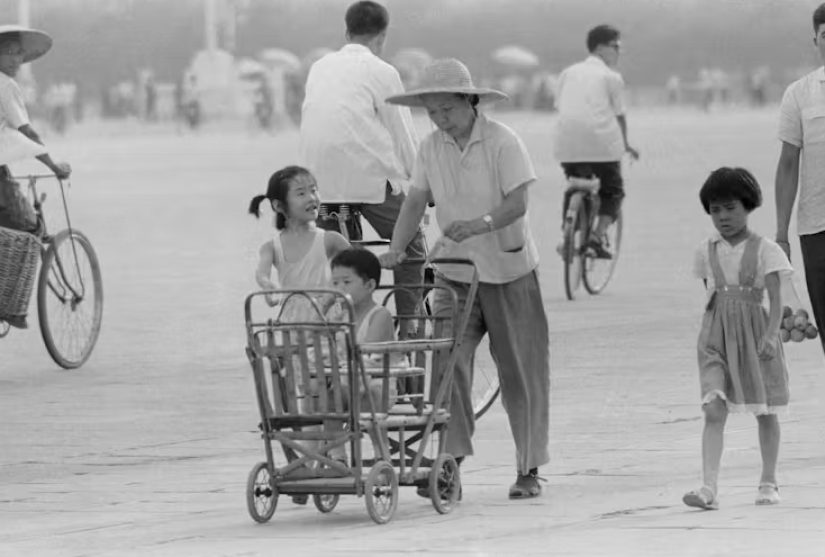
But then they abandoned too harsh measures and began to fine violators. In addition, parents and children who ignored the rules had their rights revoked. A couple who decided to have a second child could easily be fired from their jobs. The effect of the one-child policy was not long in coming. China has experienced unprecedented economic growth.
The population was not distracted by raising children. Able-bodied grandparents did not look after their numerous grandchildren, but worked. Women returned to work after one maternity leave. Another positive development was the increase in population mobility. Plants and factories were actively built in the country. Families with one child moved to new places of work without problems.
But on the other side of the scale were human destinies. By 2010, a million Chinese families had lost their only child. No one will come to the graves of such old people anymore. Parents always have high hopes for their children. Therefore, reproductive pressure on young people has increased. They tried to get their only son married as quickly as possible so that he could give him a grandson to continue the family line. In addition, the policy led to increased economic inequality, as richer families could afford to evade restrictions by paying fines, while poorer families were forced to comply with the rules.
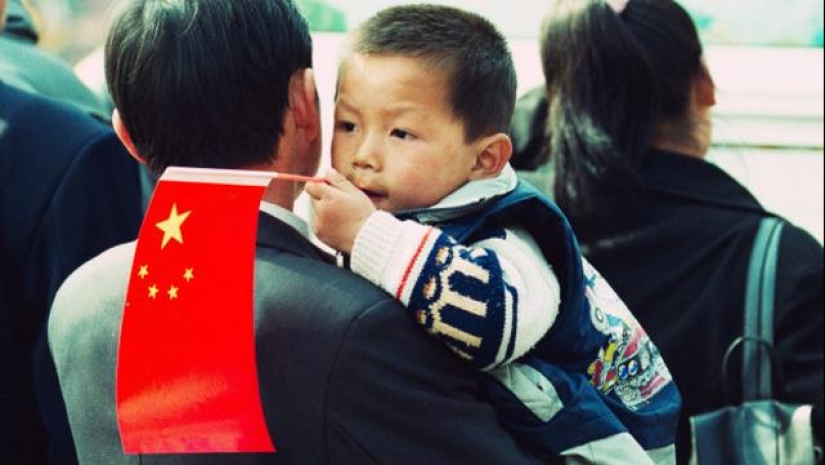
Due to the traditional cultural preference for boys over girls, many families in China aspired to have a son. This caused an increase in the number of abortions and even abandoned girls, which ultimately led to a significant imbalance: there were many more men than women in the country. As a result, due to the skewed sex ratio, many young Chinese simply cannot find a spouse.
The shortage of women has led to an increase in the illegal trafficking of women and girls, both domestically and internationally, where women are brought for marriage or exploitation.
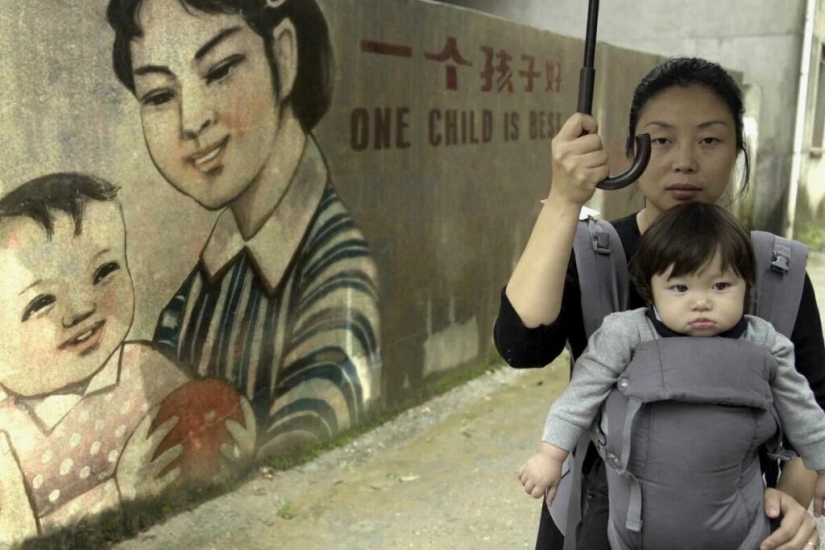
The one-child policy has created a generation of so-called “little emperors” who are under enormous pressure to succeed and achieve because they are the only children in the family. This approach does not particularly contribute to the happiness of the younger generation. Parental pressure often causes depression and apathy in children. They are forced to bear a burden of responsibility that they do not deserve at all.
Today China is paying for its economic miracle and the consequences of the “experiment” will be felt for a very long time. The country “borrowed” from the future. Young families have one child, and many young people are in no hurry to get married. The past generation provided a powerful push forward and now you can relax and live comfortably without burdening yourself with numerous offspring.
Recent articles

It's high time to admit that this whole hipster idea has gone too far. The concept has become so popular that even restaurants have ...

There is a perception that people only use 10% of their brain potential. But the heroes of our review, apparently, found a way to ...

New Year's is a time to surprise and delight loved ones not only with gifts but also with a unique presentation of the holiday ...